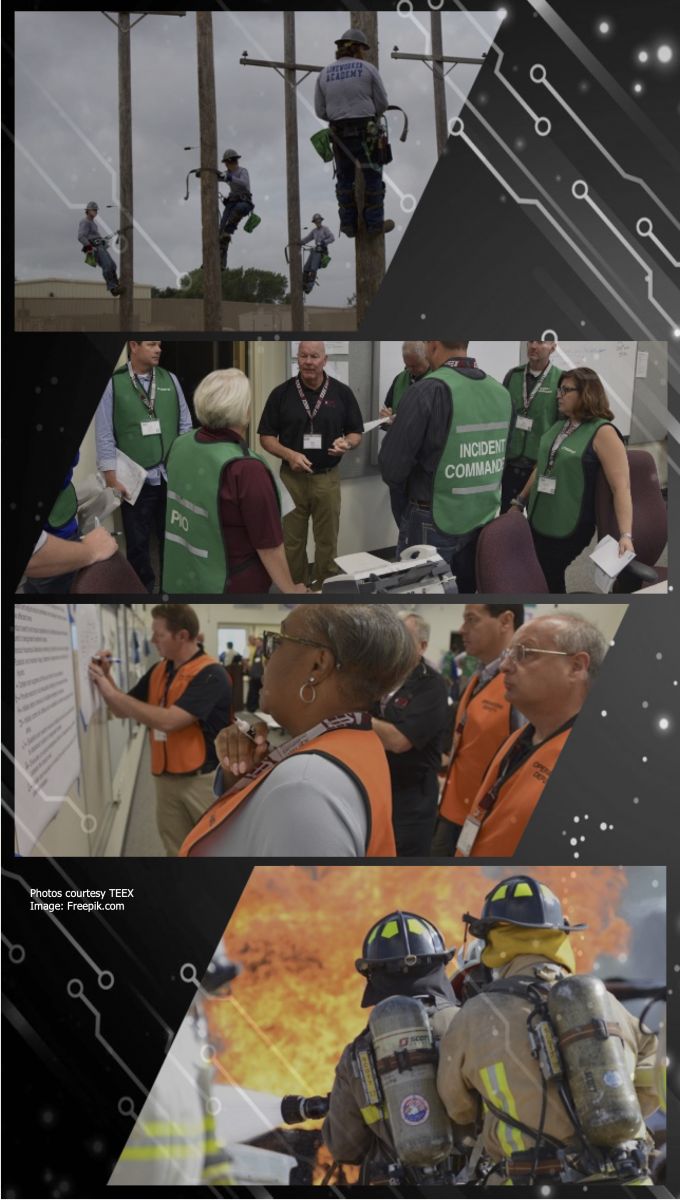Cyber Security Awareness and Strategies to Enhance Resilience of Recovery and Response Operations During Disasters
The Internet of Things (IoT) has become an integral part of our country’s core infrastructure at all levels. This raises the question: Are your response and recovery operations ready for cyber attacks? This course utilizes the whole-of-community approach to increase the awareness of opportunistic IoT based cyber attacks that might occur concurrently during an ongoing disaster response / recovery operation.
In this course, management and incident management teams will learn about the essential elements of cybersecurity and best practices, when to engage information technology, and how to implement strategies during physical disasters, including awareness of the vulnerabilities of IoT-related cyber attacks. Participants will also learn about cybersecurity resilience strategies to mitigate risk and disruption, while maintaining the integrity of the ongoing non-cyber related incident response and recovery operations.
The course uses state of the art artificial intelligence (AI) to adapt the content based on participants’ engagement. A Virtual Reality-based version of this course, MGT-492-W, is also available, giving participants the option to choose the platform that best facilitates their learning*. Course progress is tracked, allowing participants to stop and then continue where they left off. Once enrolled, participants will have 120 days to complete the training at their own pace.
TRAINING LEVEL
Management and Planning
ACCESS/infrastructure
MGT 480-W: Web-based access for 2-D content
MGT 492-W-VR: for VR-based content, check supported headsets*
COURSE LENGTH
5.5 Hours
TOPIC
Cybersecurity
FOR MORE INFORMATION
Email: CRAVRE@purdue.edu
Download course brochure
FOR REGISTRATION
MGT 480-W: for the 2-D course, REGISTRATION CLOSED
MGT 492-W-VR: for the VR course, REGISTRATION CLOSED
TOPIC
The target audience for this course includes leaders who are decision-makers during response and recovery efforts, including:
- State, Local, Tribal, and Territorial leadership & management
- Councils of Government
- Emergency Management & Civil Defense
- School officials, administrators, & staff members
- Law Enforcement
- Fire Service & Hazardous Materials Response
- Public Health
- Environmental
- Transportation & Logistics
- Emergency Medical Service,Health Care Providers & Hospitals
- Private Industry Partners
- Non-Governmental Organizations
*The VR component of the course is designed to work with WebXR-compatible web browsers and headsets, including Meta Quest, Quest 2, Quest Pro, HTC Vive, and Steam Index. For more WebXR information, see https://immersiveweb.dev/

